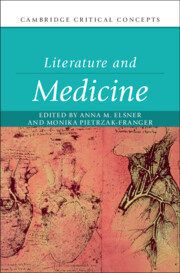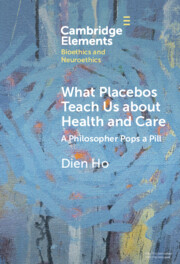Viewing difficulty as an opportunity for learning runs counter to the common view of difficulty as a source of frustration and confusion. The aim of this article is to focus on the idea of difficulty as a stepping-off point for learning. The literature on difficulty in reading texts, and its impact on thinking and the interpretive process, serve as a foundation for the use of poetry in healthcare ethics education. Because of its complexity and strangeness compared to the usual scientific and clinical texts health science students encounter, poetry is an excellent means to achieve the aim of thinking through difficulties in ethics. Specific examples of teaching and learning strategies for turning difficulty into opportunities for learning are presented, including the difficulty paper and the triple mark-up method. Both methods require students to examine their process of working through difficulties, reflect on how they make sense of difficult texts and then share their process and interpretations in a collaborative manner with peers. The importance of framing difficulties as a public, visible, collaborative process rather than a personal process is emphasized. Working together to hypothesize reasons for difficulty and map out plans to come to terms with difficulty are equally relevant for reading text as they are for reading complex ethical situations. Finally, I argue that transference of this kind of personal and collaborative learning about difficulties benefits interprofessional clinical practice, particularly when dealing with ethical issues.

